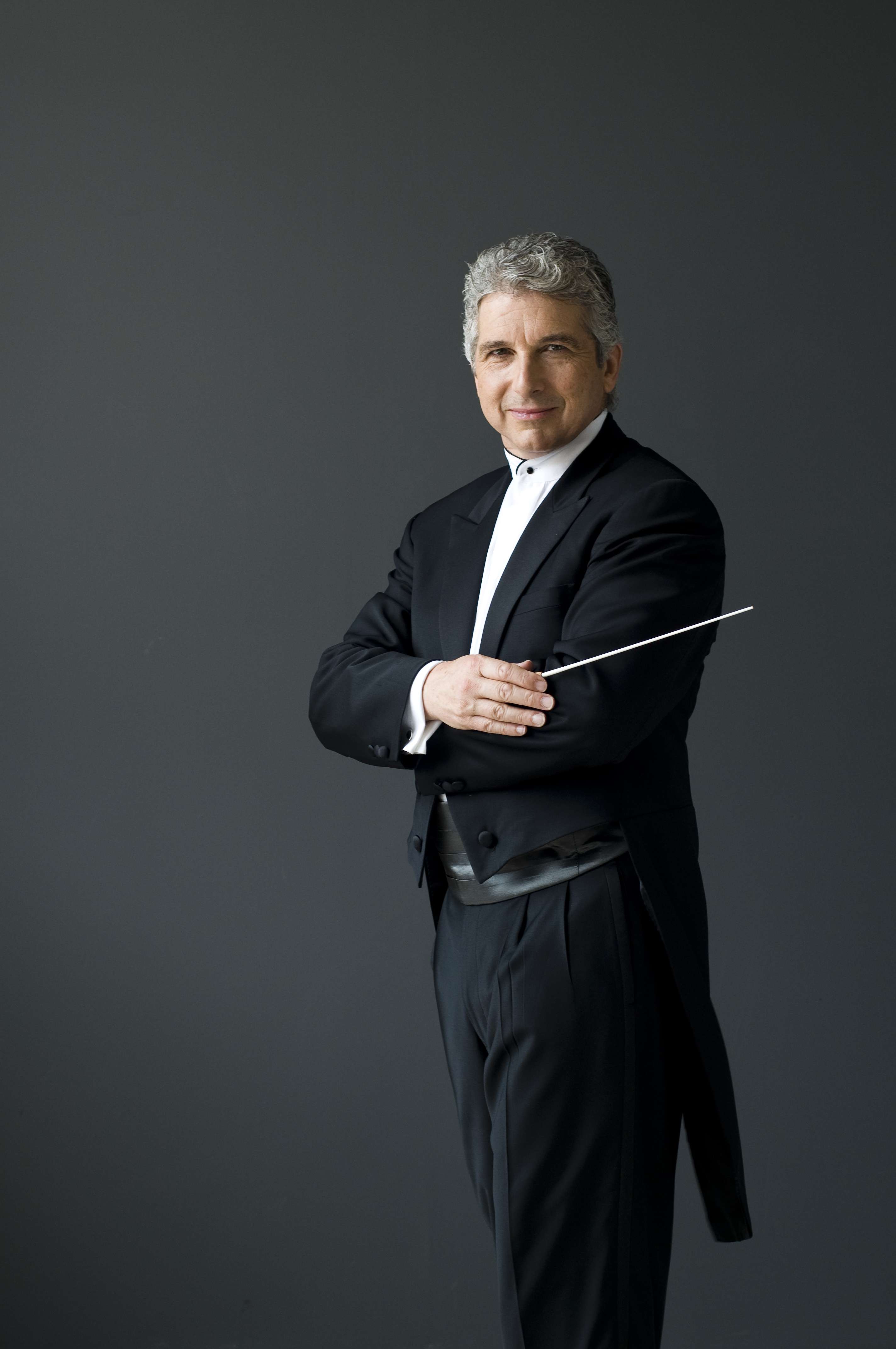|
Back
Power Trumps Nuance Houston
Jones Hall
09/12/2013 - and Sept. 14, 15, 2013
Giuseppe Verdi: La forza del destino: Overture
Pyotr Ilyich Tchaikovsky: Piano Concerto No. 1 in B-flat Minor, Op. 23
Claude Debussy: Prélude à l'après-midi d'un faune
Ottorino Respighi: Pini di Roma
Kirill Gerstein (piano)
Houston Symphony, Peter Oundjian (conductor) 
P. Oundjian (© Sian Richards)
A quartet of warhorses opened the Houston Symphony's centennial season proper, after its electrifying opening night festivities. With Kirill Gerstein, a pianist who has delighted in Ravel and Rachmaninoff on the Jones Hall stage, the night was sure to be enjoyable, but I left the hall in a sugar coma. Power, agility and a stunning new $140,000 piano were all on display, but nuance was sadly lacking from the evening's affairs.
Verdi's early overture, an excellent curtain-raiser, foreshadowed the performances of the evening. The initial, stabbing brass octaves were bold and raw, verging on the edge of being nasty. Wind solos were dutifully played and the rousing ending ushered in a torrent of applause. It was a strong upbeat for the appearance of the night's guest soloist, who helped choose the new Steinway and proceeded to give it its inaugural public workout.

K. Gerstein (© Marco Borggreve)
Always a reliably solid pianist, Gerstein can effortlessly toss off the most difficult technical passages and produce an enormous wall of sound, but his performance of Tchaikovsky's first concerto revealed little else about his musical personality. Taking advantage of the gorgeous tenor register of the new instrument, there were scant moments of lyrical nuance, but they were mostly lost to an abundance of clangorous (but impressively accurate) octave passages and gratuitous pedaling. Peter Oundjian's chamber music skills were put to good use, and he and the orchestra accompanied Gerstein with excellent rhythmic coordination. In the outer movements, the rawness of the brass carried over from the Verdi overture, resulting in a consistent forcefulness that wore on the ear. Likewise, Gerstein relied too heavily on agogic accent as an interpretive device; his accenting every downbeat sapped the energy from the last movement's dance rhythms.
After intermission, a moment of repose was sought in Debussy's Faune, and the orchestra, led by ethereal flute solos from Aralee Dorough, seemed prepared to offer a finessed reading of the Prélude. Oundjian had other aims, though, adopting a slower tempo than the opening flute solo initiated and sectionalizing the work to an extreme degree. Every transition was a pronounced ritardando as if Oundjian was asking us to wait while he turned the page to read the next chapter in the storybook. In the end, the performance was beautifully played but fussily interpreted.
Respighi's Pini di Roma was a smart finale for the concert. With an ensemble as finely tuned as this one is, the viscerally thrilling tone poem virtually plays itself. The three major wind solos–trumpet, clarinet and cor anglais–were all wonderful, and the brass finally achieved both power and focus, especially when augmented at the end of the "Appian Way." Oundjian's deliberate pulse for that final section was spot on, allowing the inevitable momentum of Respighi's carefully-tiered crescendo to truly overwhelm.
Throughout the evening, video enhancement focusing on Gerstein and highlighting members of the orchestra was a nice touch, but in the Respighi, the switch to stock photos of Rome was unnecessary. The music's characterization is so vivid that the audience should be allowed to use its imagination to conjure images of the eternal city instead of being spoon fed them.
Marcus Karl Maroney
|